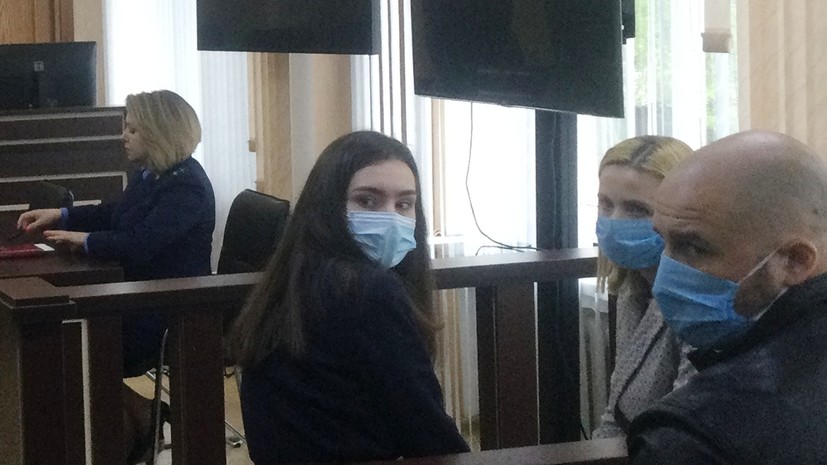“The refusal is perfectly legal.
For an act of pardon to take place, it is necessary that a number of conditions be met,” BelTA quotes her.
Chupris stressed that such applications are always evaluated against a number of criteria.
So, according to her, Sapega did not even serve half of the term.
“The president had the right to pardon in this case too.
But if we evaluate all the criteria as a whole, then in this case there were no exceptions that would serve as the basis for the head of state to make such a decision,” she explained.
In May 2022, a court in Belarus sentenced Sapega to six years in prison.
The Russian woman was charged with a number of crimes, including inciting social hatred and discord, organizing violence and threatening to use it against an employee of the internal affairs bodies, interfering in the activities of an employee of the internal affairs bodies.
Lawyer Anton Gashinsky said that Sapieha filed a petition for pardon.
He also said that a request for the transfer of the Russian woman Sofya Sapega, convicted in Belarus, to Russia would be submitted in the near future.

